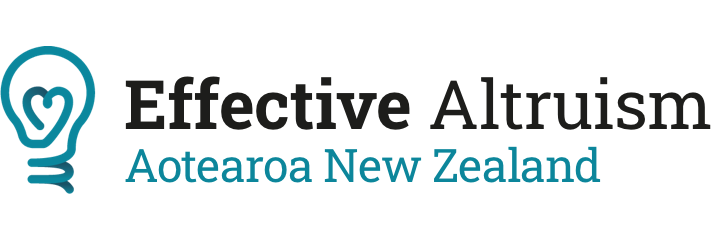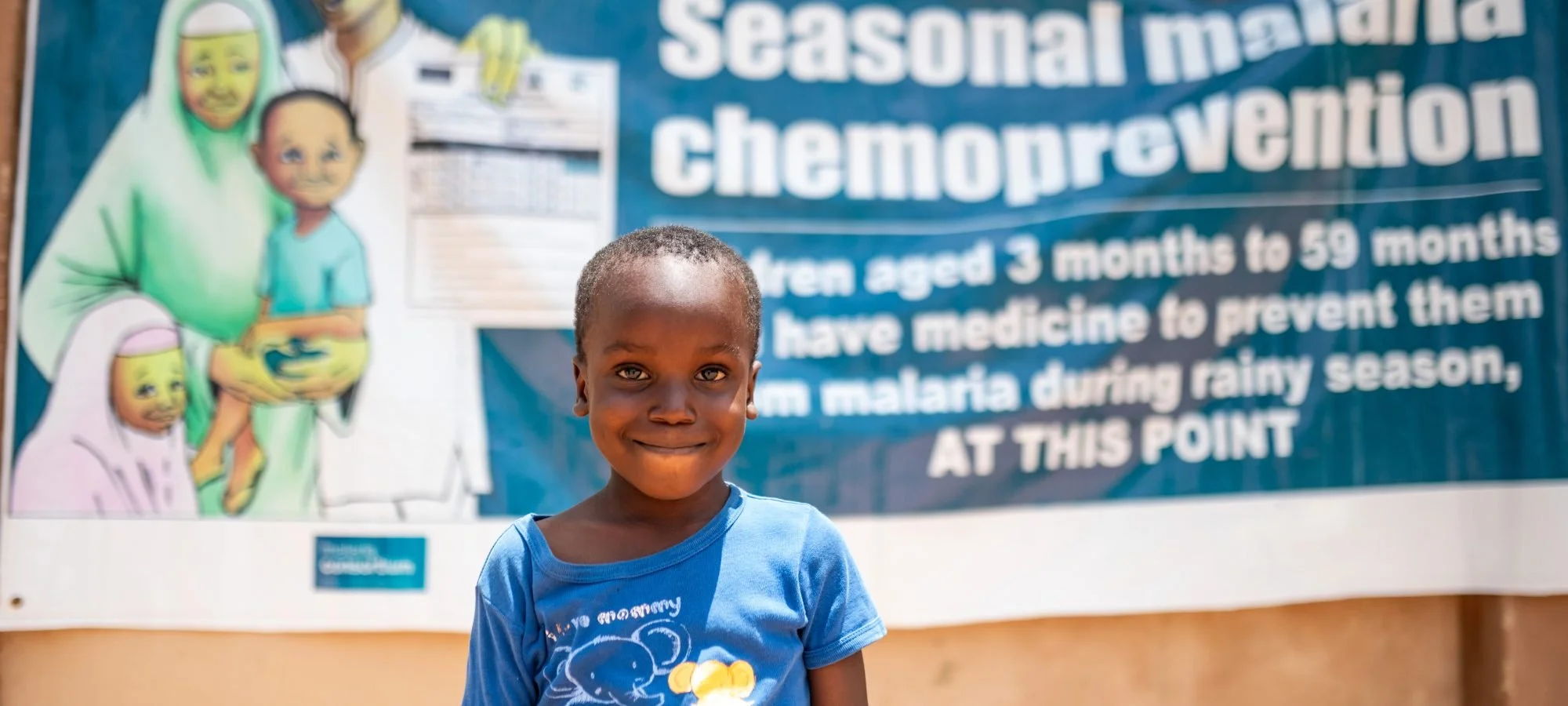
Charities > Global Health > Malaria Consortium
The Malaria Consortium works to prevent, treat and eliminate malaria and other infectious diseases. We specifically support their seasonal malaria chemoprevention (SMC) programme, which distributes antimalarial medicines to children under 5.
Malaria is a life-threatening infectious disease carried by mosquitoes. Despite being both preventable and treatable, hundreds of thousands of people die of malaria every year, with children under the age of 5 being especially vulnerable.
Seasonal malaria chemoprevention (SMC) is a proven technique, with strong evidence that it substantially reduces cases of malaria. Due to its effectiveness, the WHO recommends SMC be administered to all preschool aged children living in areas of high seasonal malaria transmission. The Malaria Consortium has been one of the leading providers of SMC programmes since initial trials of the technique began.
Malaria Consortium’s SMC programme is also extremely cost effective. Just $7 USD provides a child with a full course of treatment, and every $5,000 USD saves a life in expectation. Based on this, and other evidence, independent charity evaluator GiveWell recommends the Malaria Consortium’s SMC programme as one of the most cost effective ways of saving lives.
For more information about the Malaria Consortium, visit their website, or see GiveWell’s report about their work.
As recommended by
Latest updates from the Malaria Consortium
FAQs
-
Both organisations work to prevent malaria, but each takes a slightly different approach.
AMF distributes insecticide-treated bednets to protect people from malaria carrying mosquitoes while they sleep.
The Malaria Consortium does a variety of work, but their SMC programme— which we support— involves treating children under 5 with anti-malarial medicines.
-
SMC community distributors are trained to recognise symptoms of malaria and refer sick children to local health facilities where they can be tested for malaria and treated if they test positive. The medicines used to treat are different than those used for SMC.
-
SMC provides protection for up to one month after each complete three-day treatment. SMC community distributors administer the first dose of SP and AQ, and advise each child’s caregivers on how to prepare and administer the remaining two daily doses of AQ over the following two days. This is repeated each month for four consecutive months during the peak of malaria transmission season (broadly coinciding with a four-month rainy season).






















